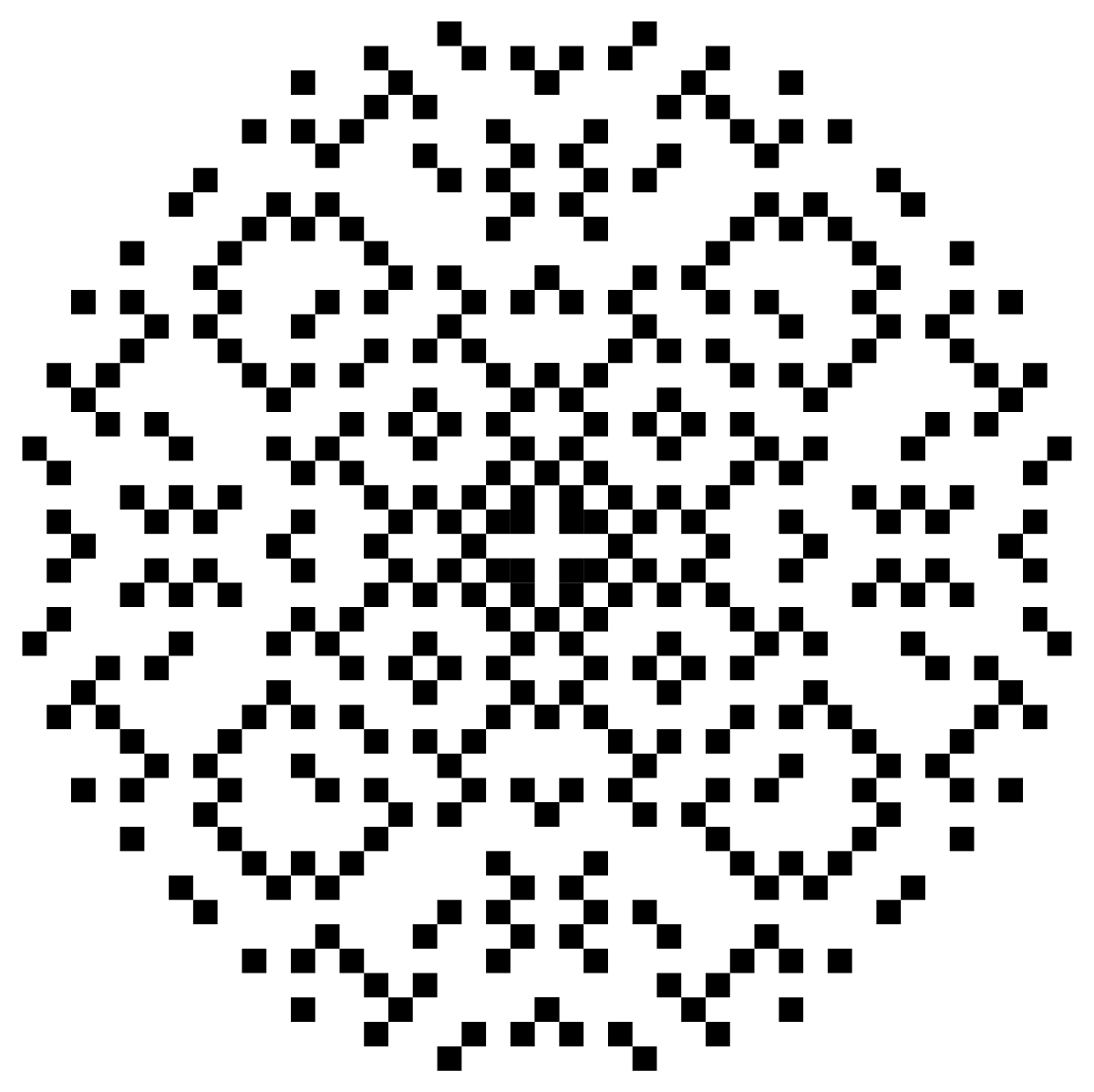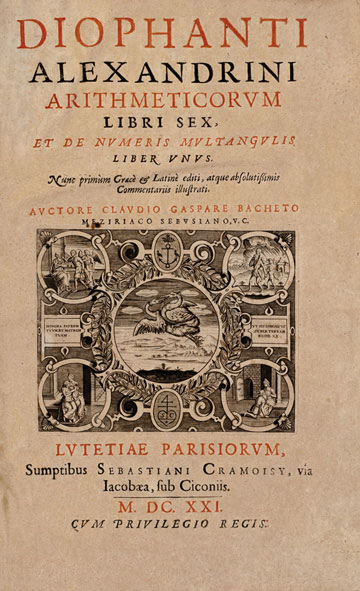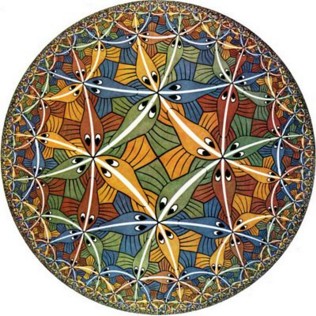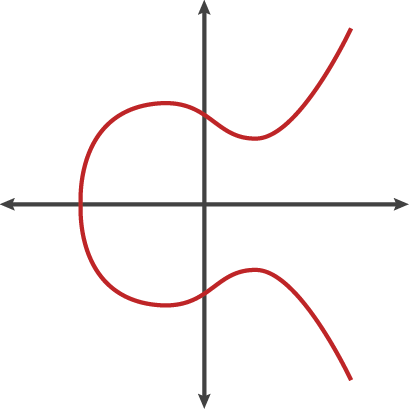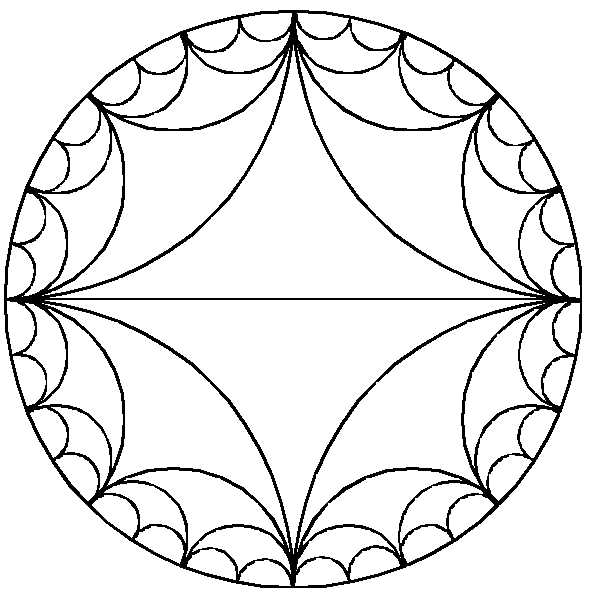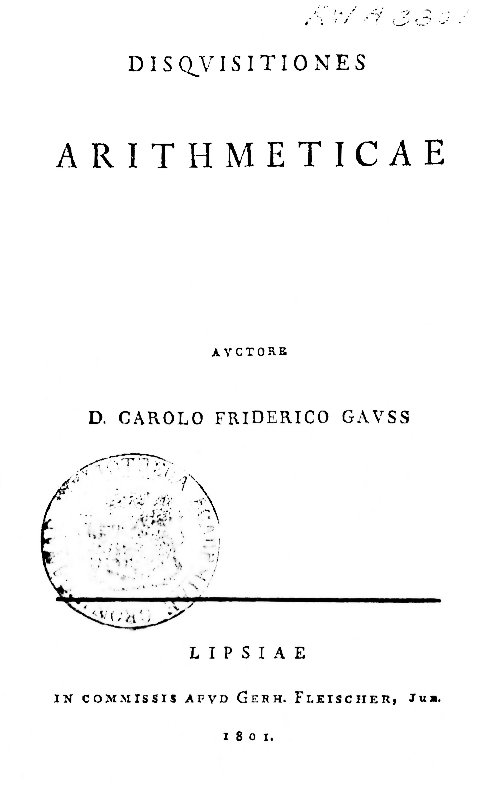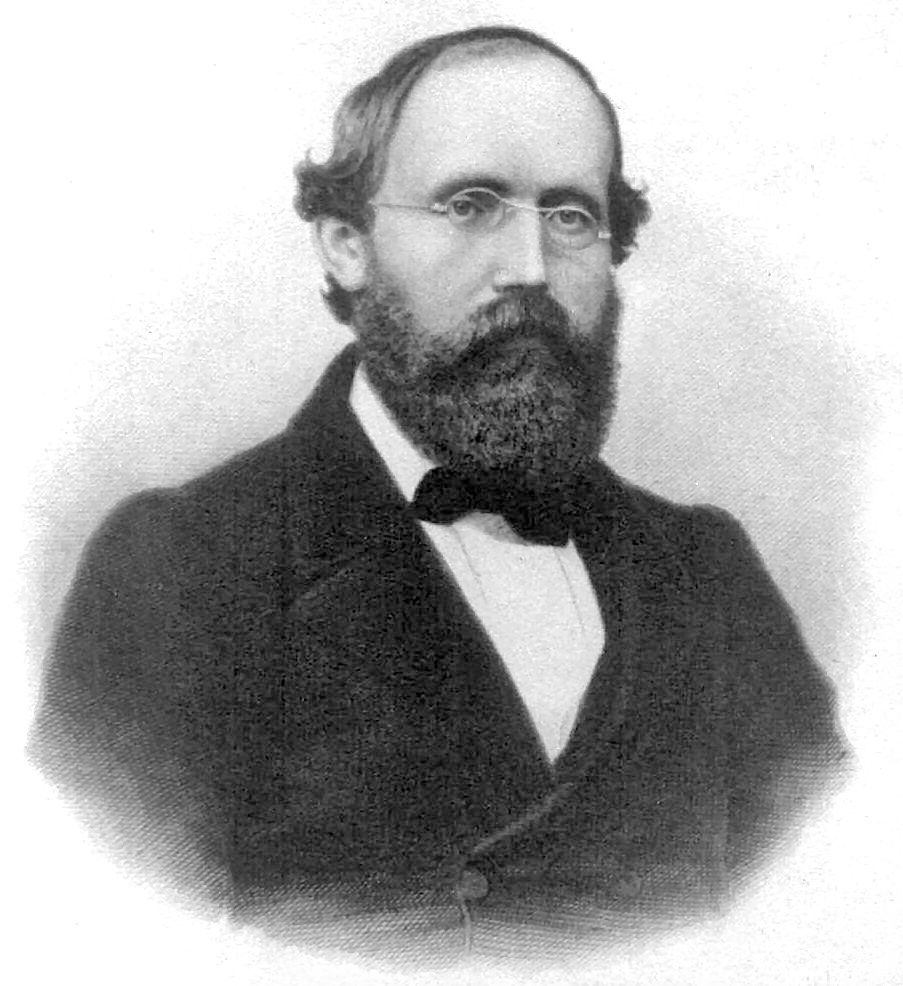
Math 675 — Analytic theory of numbers
This is a first course in analytic number theory. The methods of analytic number theory are useful and applicable in many areas of mathematics. It will consider multiplicative number theory and properties of primes as a focus. It will emphasize methods. It will start with real analysis methods following Tenenbaum, arithmetic functions, prime number theory, hyperbola method, Euler-Maclaurin summation. For complex analysis methods and Dirichlet series it will follow Davenport and Montgomery. It will include basic theory of Riemann zeta function and Dirichlet L-functions to primes in arithmetic progressions. If time permits the course may include other topics, Selberg sieve, large sieve and a topic in probabilistic number theory.
Recent history:
- Fall 2013: Bob Vaughan
- Fall 2015: Jeff Lagarias
- Fall 2017: Wei Ho
- Fall 2019: Jeff Lagarias
